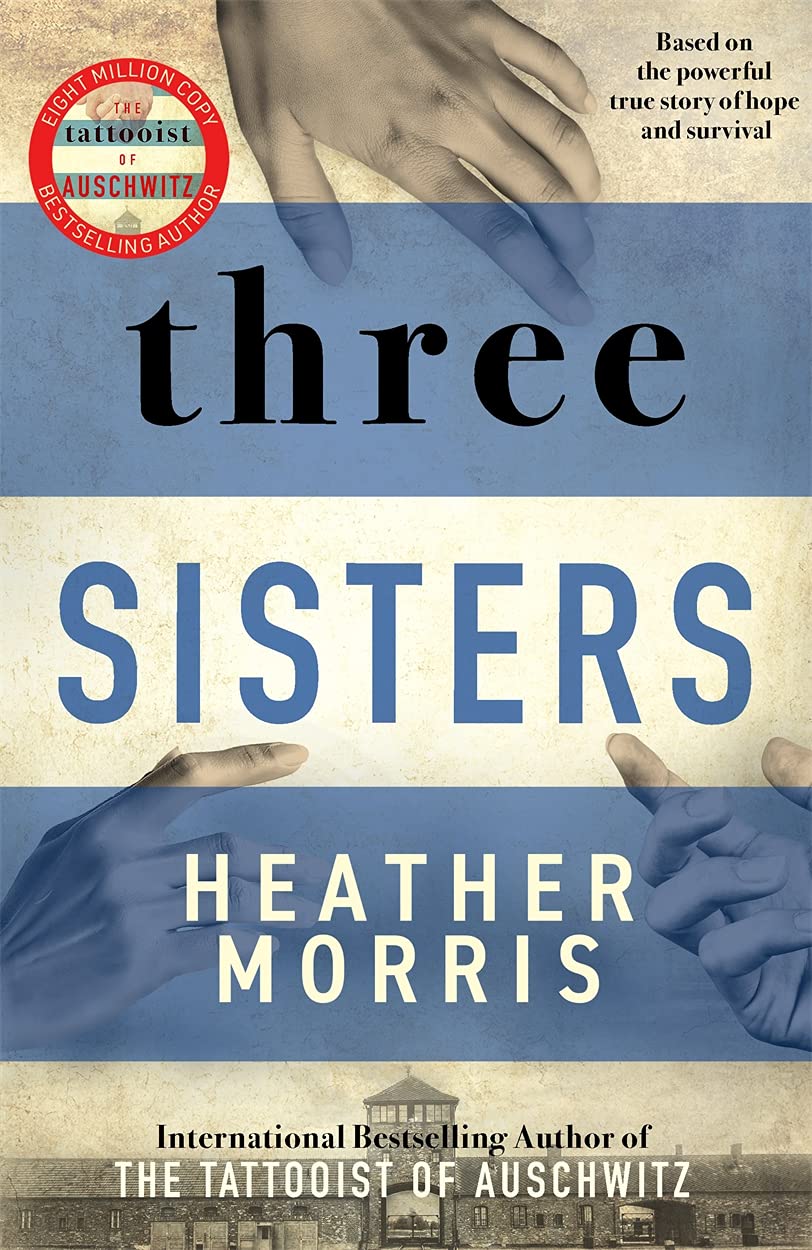About this deal
Olga Sergeyevna Prozorova (Olga) – The eldest of the three sisters, she is the matriarchal figure of the Prozorov family, though at the beginning of the play she is only 28 years old. Olga is a teacher at the high school, where she frequently fills in for the headmistress whenever the latter is absent. Olga is a spinster and at one point tells Irina that she would have married "any man, even an old man if he had asked" her. Olga is very motherly even to the elderly servants, keeping on the elderly nurse/retainer Anfisa, long after she has ceased to be useful. When Olga reluctantly takes the role of headmistress permanently, she takes Anfisa with her to escape the clutches of the heartless Natasha. Hart, J. P. (2003). Rethinking the Three Sisters. Journal of Middle Atlantic Archaeology, 19, 73‐82. Charles L. Mohler and Kimberly A. Stoner provide a good overview of the various farming practices that are relevant to Three Sisters' farming: Magda, only 17, stays with her mother and grandfather, hiding out in a neighbour’s attic or in the forest when the Nazi militia come to round up friends, neighbours and family. She escapes for a time, but eventually she too is captured and transported to the death camp.
When their friends depart, the sisters discuss the shame of Andrey’s gambling debts. Irina weeps that she, too, is unhappy in her new job in the Town Council, and she knows that they’re never moving to Moscow. Olga suggests that she marry Tuzenbakh for pragmatic reasons, instead of waiting to meet her true love in Moscow. Masha confesses her love for Vershinin. Andrey comes in and makes a speech, trying to convince the sisters that he’s happy with Natasha and in his District Council position, but he breaks down in tears, saying, “Dear sisters, don’t believe me.” Why do you think the sisters chose to leave their home in Slovakia after the war and embark on a journey to Israel? Do you think they would have done this had it not been for their experiences in the Holocaust?Baron Nikolaj Lvovich Tuzenbach – A lieutenant in the army and not deemed handsome, Tuzenbach often tries to impress Irina, whom he has loved for five years. He quits the Army to go to work in an attempt to impress her. He is repeatedly taunted by Solyony and between Acts III and IV, he retaliates and prompts Solyony to declare a duel. He is killed in the duel, thus his and Irina's union is forlorn.
Hirst, K. Kris. (2020). The Three Sisters: The traditional intercropping agricultural method. https://www.thoughtco.com/three-sisters-american-farming-173034. A heartbreaking story of love and survival based on the incredible true story of the Meller sisters, as told to Heather Morris. Hart describes the archeological evidence tracing the practices behind this type of inter or polycropping of corn, beans, and squash. Lovers of older cars will also find their dream vehicle to drive at Three Sisters. Among the cars we have that are older in years, but still as much fun to drive as their modern counterparts, are the Ford Escort RS MK1 and Shelby Mustang GT500.
Christmas Gifts
The Three Sisters". Internet Broadway Database. Archived from the original on Apr 8, 2023 . Retrieved 2 August 2023.
Chebutykin tells Andrey and Masha that Solyony, a soldier who also loves Irina, has challenged Tuzenbakh to a duel. Andrey admits to Chebutykin that he’s unhappy with Natasha, and Chebutykin encourages him to leave. Ivan Romanovich Chebutykin – Sixty years old and an army doctor, Chebutykin starts off as a fun, eccentric old man who exults in his place as family friend and lavishes upon Irina the expensive but inappropriate gift of a samovar. Later on in Act III, while drunk, he suffers an existential crisis and reveals to all about Natasha's and Protopopov's affair. In Act IV however, he seems to have come to terms with his crisis or perhaps been broken by it. He was in love, apparently unrequitedly, with the Prozorov siblings' mother, a married woman. Contemporary audiences would have recognised this song, from 1892, as Chebutykin's ironic reference to the doomed affair between Masha and Vershinin — Rayfield, Donald (2005). Gottlieb, Vera (ed.). The Cambridge Companion to Chekhov. London: Routledge. p.210. ISBN 9780521589178. The technique for planting the Three Sisters spread from Mesoamerica northward over many generations, eventually becoming widespread throughout North America. Indigenous farmers saved the best seeds for the following season, resulting in a wide variety of cultivars perfectly suited for the environments in which they were grown. Much of this diversity was sadly lost as indigenous nations were forced out of their ancestral lands by early European settlers and mainstream agricultural practices took hold.Paul Scofield Audio Performances (radio drama, Audio Books, Spoken Word)". Scofieldsperformances.com . Retrieved 5 May 2019. The Carnegie Museum of Natural History broadens the classification from the specific Seneca Nation to that of the Haudenosaunee ( Iroquois) Confederacy in its description of the Three Sisters. In 2014, the play was staged at the Southwark Playhouse, directed by Russell Bolam. The cast included Olivia Hallinan, Holliday Grainger and Paul McGann. In 2020 an adaptation of the play by Inua Ellams, set in Owerri, Nigeria during the Nigerian Civil War between 1967 and 1970, was staged at the Lyttelton Theatre in London. In 1991, sisters Vanessa Redgrave (Olga) and Lynn Redgrave (Masha) made their first and only appearance together onstage in this, with niece Jemma Redgrave as Irina at the Queen's Theatre, London.
 Great Deal
Great Deal 